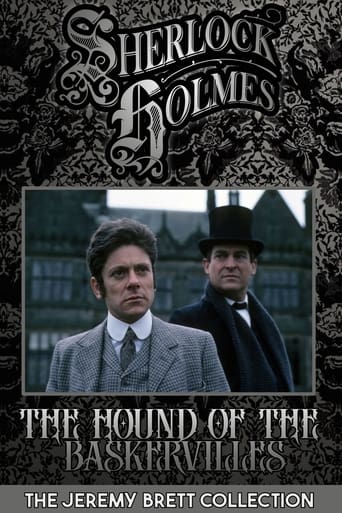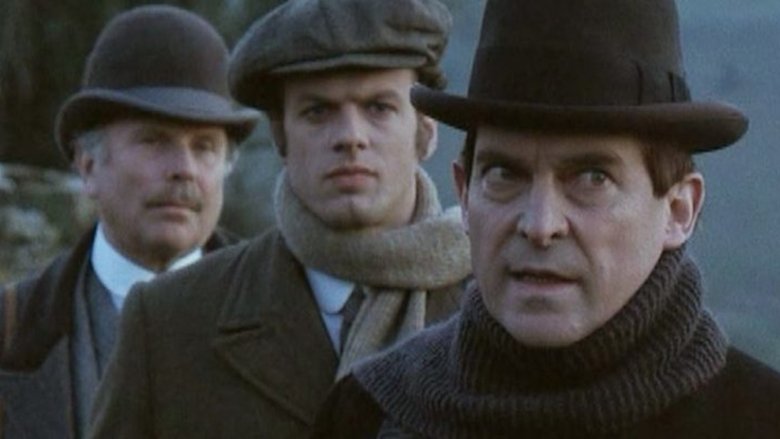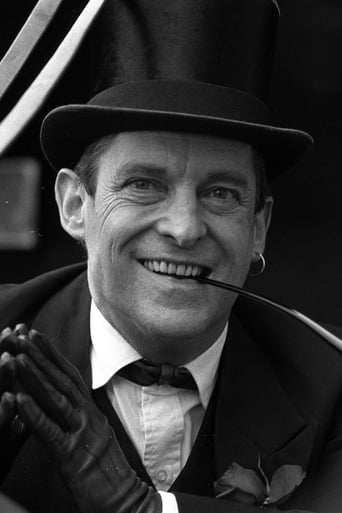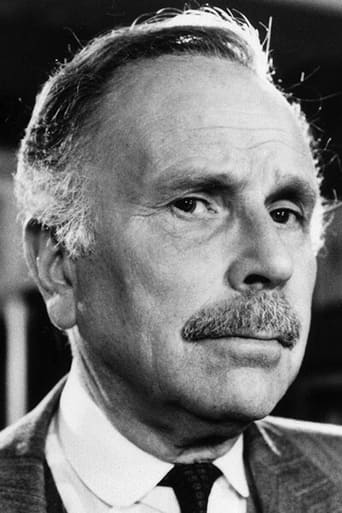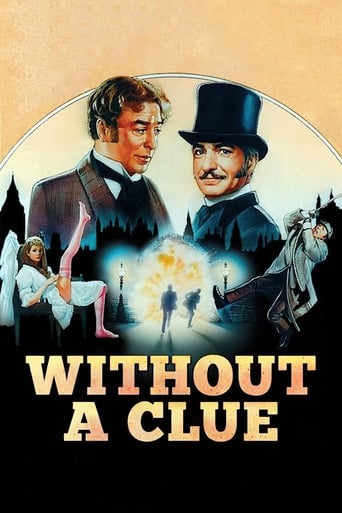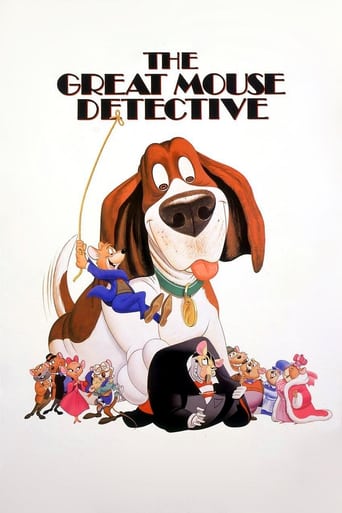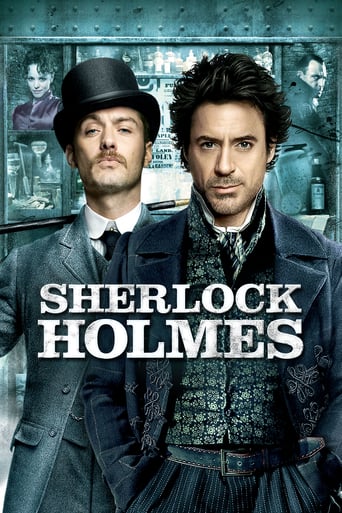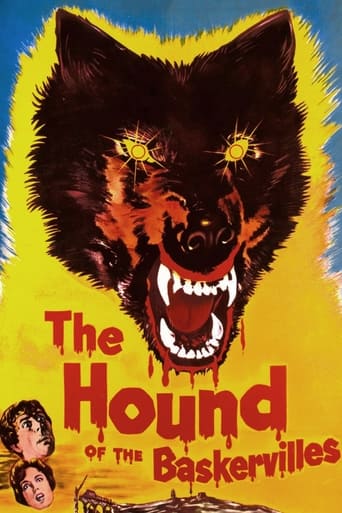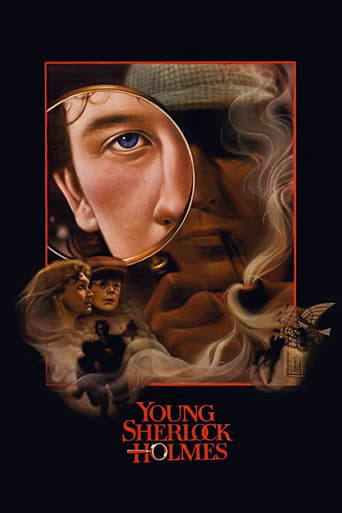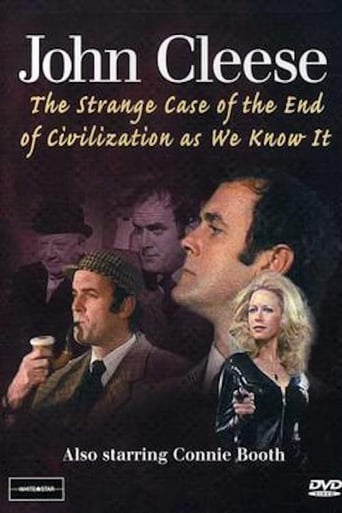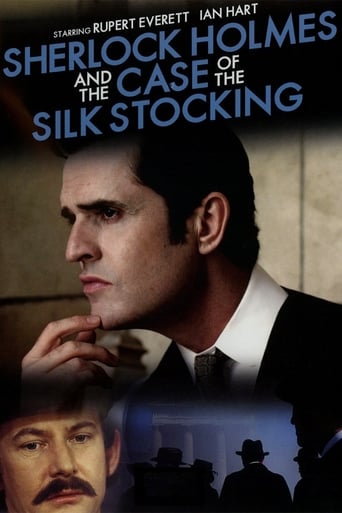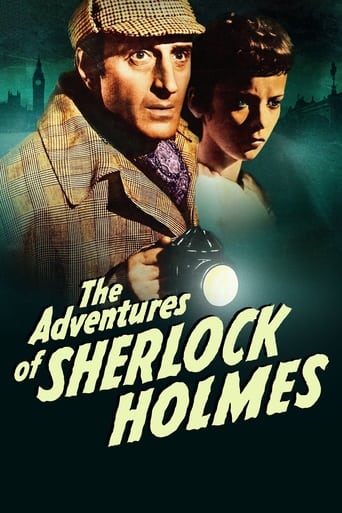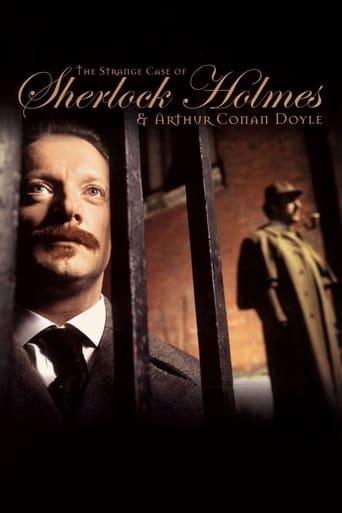The Hound of the Baskervilles (1988)
Sir Charles Baskerville dies on the moor under mysterious circumstances and rumors abound about a demonic hound. When the American heir arrives to take charge, a family friend calls in Holmes and Watson to get to the heart of the mystery.
Watch Trailer
Free Trial Channels
Cast


Similar titles
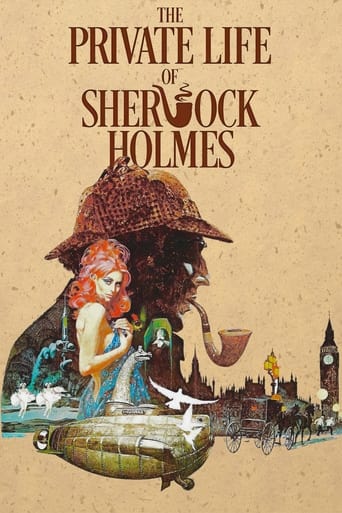
Reviews
Very Cool!!!
Highly Overrated But Still Good
The tone of this movie is interesting -- the stakes are both dramatic and high, but it's balanced with a lot of fun, tongue and cheek dialogue.
Great movie. Not sure what people expected but I found it highly entertaining.
I think we would have had the best "Hound" ever if Granada had invested enough money in this Jeremy Brett/Edward Hardwick production. As it is, it is a very good production, but it could have been a truly great one.This production has so much going for it—of course, starting with the best Holmes and Watson ever—Brett and Hardwicke.Kristoffer Tabori is wonderful as Sir Henry Baskerville—just about the best I've ever seen. He really conveys Sir Henry's youthfulness. You easily believe that he has grown up in Canada and is a bit of a "fish out of water" in England. Plus he totally looks the part.Alastair Duncan is also wonderful as Dr. Mortimer. Mortimer is usually portrayed as just the standard cardboard cutout of the older stiff- upper-lip British professional man. It is such a breath of fresh air to have this character portrayed as younger and much closer to the way he is described in the original story.However, Fiona Gillies isn't so successful as Beryl Stapleton. This is a pivotal character and the weakness of this performance undermines the overall success of the production. They could and should have paid for an A-list actress for this part.They could and should have shot and edited the whole sequence concerning the death of Sir Charles far better—in such a way as to really evoke his terror and to convey his belief in the supernatural character of the hound. After all, this scene sets up the entire framework for the story, as well as its mood.Better special effects would have greatly improved the depiction of the attack of the hound on Sir Henry.Just imagine if this production had had the budget of a first rate feature film—and all the additional resources and talents that would have made available. It could have been the definitive "Hound."
This version of The Hound of the Baskervilles is the third I've seen in the past week or so. It's also a first time viewing for me. My initial reaction I'm somewhat disappointed based on many of the reviews I've read on IMDb. While I enjoyed it much more than the 1978 abomination, I much preferred the 1983 version also a TV movie. There's little doubt that Jeremy Brett makes a fine Sherlock Holmes (though having grown up with Rathbone, he gets my vote for the best) and Edward Hardwicke wisely plays Watson less the bumbling fool. The rest of the actors are at least adequate, though I thought Fiona Gillies was horribly miscast as Beryl. The authentic looking locations, both moors and other sets, add a lot to the production. But the weakness in the film is in its direction and pacing. Had director Brian Mills kept things moving at a better pace, it might have been more enjoyable effort. As it is, there are some stretches that are difficult to get through. After a nice start and a decent enough third act (although it did feel a bit rushed), the middle portion of the movie grinds to a halt. Finally, who thought it would be a good idea to color the hound a glowing green color in post production? It reminded me of something you might see from a poverty row studio of the 1940s.
I am a great fan of the Granada television series starring Jeremy Brett. I have all of the episodes taped, with the Mystery commentaries by Vincent Price. Most of these are gems. There is no doubt in my mind who the best portrayer of Holmes is: Brett, hands down. I have read and taught this story so many times, so when I saw it was next on the docket, I was so thrilled. Unfortunately, it seemed to be a weak entry in the series. If this series is attempting to be true to the works of Conan-Doyle, why doe they once again play fast and loose with characters and plot. Why do they forsake the original story of Sir Hugo Baskerville? Why are some of the significant characters missing. I own at least 12 versions of this story on video, and not one of them follows the plot of the original story. Normally, my belief is that we are dealing with two different media, the silver screen and the printed page. However, when using a novella such as this, there is no reason to sacrifice plot elements and personalities. A few years later, I saw another version on Public Television. A nicely told story, very violent, like this story is. But, once again, a bunch of implanted gobbledygook. This one tries hard to follow the general plot, but it doesn't work. One critic complains about the lack of screen time for Holmes. That's a part of the plot. He is working behind the scenes. Once he arrives in Dartmoor, he has a great deal of screen time. It's not awful, but we had Jeremy Brett at his best; why not make a script that would go down in history.
If you want to understand film, you need to understand the three main narrative types: noir, that genre derived from the musical, and the detective story.While the detective story in film essentially means Agatha Christie, you can't understand that unless you understand Holmes. And the "Hound", my friends is the only long form we have of the Holmes stories.Further, if you are looking for a version that is true to the source (more or less) plus being slightly engaging, this is your station for the evening. There are lots of problems, not the least of which is the material. The Holmes stories are impossibly unfilmable: it is "precinematic" literature that imagines engravings first (a severed engineer's thumb for instance) and then spins an intellectual universe around that. Within this is the yeoman reportage of Watson which is distinctly journalistic. This only works well on the short form. "Hound" was a failure even by Victorian pulp standards, because it attempted subplots and parallel threads and succeeded imperfectly. So in "Hound" we start with a poorly crafted story that is also inherently uncinematic.But what a story! Doyle was by this time just entering his own belief that the supernatural did exist. In fact, he became the leading figure in the world-wide spiritualist movement. After this period he would famously play the "modern" scientist to the debunking Houdini an amazing reversal of roles: Conan Doyle invented the "thinking machine" human rooted in logic and Houdini made a living fostering the illusion of hidden powers. Doyle's struggle with the two sides mirrors that of the story. Add to that the production values of this series. Of all attempts, this has the best depiction of Holmes, or at least it started out that way. Brett's Holmes is full of private and explosive thoughts. His character is bipolar and attracted to drugs.True to the established BBC model, the producers shifted the creative team around for each episode so the quality varies. The director this time, Mills, takes a Sherlockian perspective himself. When the story starts and before we get banished to the moor, he establishes the detective's eye. His camera swoops about, examining details of the situation as if it were our eye and we were Holmes.As an example, there's a great scene with the doctor from the moors ("Mortimer," get it?), the new Sir Baskerville, Holmes and Watson having breakfast in a fancy hotel. While another TeeVee director would give us two alternating over the shoulder shots with an establishing one, Mills swoops all about the whole room then after a 180 degree swing settling on the threatening letter. It is dePalma drawn smallish for the little screen, but its nice.And overlain on all this is Brett's second edition of Holmes. It is after his breakdown and first institutionalization. After he has disfigured his hair, after the lithium has added 40-50 pounds and drained all the life from his face and spirit. To get the value of this we need to remember his previous Holmes version from the motions he copies from that time.And so we have the rule of twos set in discovery: an author casting reason against magic and personally deciding on magic; his character casting the same and deciding the opposite; the filmmaker (such as they are in TeeVee projects) casting the alert eye against an uncinematic vision and personally winning; and the actor casting the same and personally losing.Along the way the adapter forgets the brutish, wife beating artist, the one concession Doyle made to reflection.Ted's Evaluation -- 2 of 3: Has some interesting elements.

